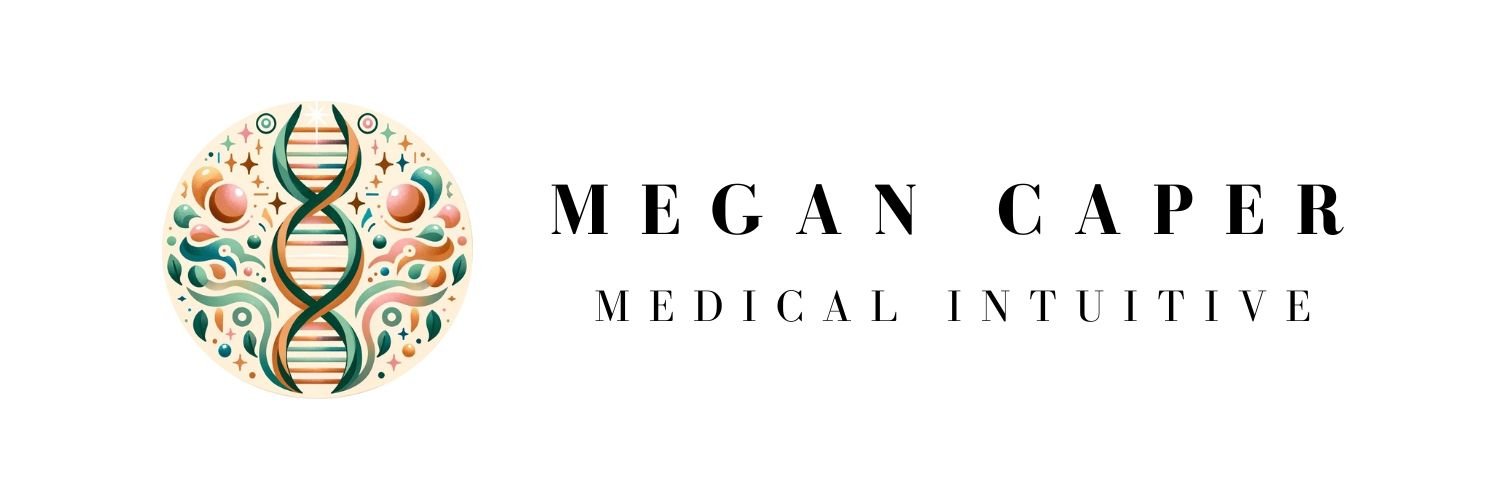What if You Don’t Know How to Care for Yourself?
One of the most insidious aspects of growing up with emotionally unavailable parents is that I didn’t have models of how to be cared for. I didn’t grow up with examples of what it’s like to be comforted when I felt vulnerable, sad, afraid, or ashamed. I also didn’t have examples of what it was like to have a cheerleader, someone who became happy and proud on my behalf when I worked at something important to me.
Without external models of how to be cared for in these ways (comforted and encouraged) I couldn’t internalize these models into my own self-concept. This meant that in times when I was feeling upset or needed validation or encouragement, I didn’t have an inner voice that could give me these types of messages, because I didn’t even know what these messages sounded like.
This didn’t just happen in response to external circumstances, either. When my inner critic would start spouting off, there was no competing voice in my head. Without any other narrative, my inner critic would run rampant and I’d end up feeling awful.
I decided to create another voice in my head, one that was supportive, validating, kind and encouraging. I didn’t want to call it my inner parent because the word parent doesn’t have the best connotation for me. So, I called it my inner caregiver. I used polysensory mental practice to create a new voice in my head that said all the things I needed to hear, all the emotional nutrients I needed but never got when I was growing up.
I soon realized there was a big problem. Sure, it was a great idea to have a part of me say all the right things, but what were those things?
Like I said, I never had a model. If I didn’t know what comforting and loving language sounded like, how could I start to talk to myself this way? I looked to parenting books, positive psychology research, and nonviolent communication and restorative justice models for their language.
I knew my inner caregiver needed two ways to respond to my inner critic, as the comforter and the protector. The comforter says things like, “I am proud of you,” or “You don’t have to be afraid anymore. I’m here for you.” The protector keeps my boundaries with my inner critic and says things like, “You don’t get to talk to Megan like that,” or “No. I don’t receive that message.”
I’ve used this model with clients as well. Each of us has different needs for who this new voice needs to sound like, and even for its name. Inner caregiver works for me, but for others, they need an inner nurturer, inner mentor, inner big brother or sister, inner parent, or an inner protector.
The messages we need to hear are all different too. I was raised by a narcissist, so I need to hear that I am valuable and worthwhile. Others may need to hear that they are prized for who they are, or that no matter what they do, they will never become unlovable.
Your inner caregiver (or protector, nurturer, etc) is a powerful way to develop self-compassion. But discovering what it is you need this voice to say can be hard for all of us who never heard these things from our own parents. We need to look elsewhere.
I invite you to gently and lovingly start to look for messages that feel good to you. They may be loving messages, anti-bullying messages, messages of worthiness or lovability. You may hear them in real life as you watch your friends parent their children, you may hear them in a movie as one character comforts another, or you may sense them deep down as that thing you always wanted to hear from your parents or caregivers, but never did.
You’ll know them because when you hear them, you’ll have strong sensations/feelings in your body and emotions will bubble up. These are the messages that are speaking loudly to you — they want to be part of your inner self-talk and your self-compassion routine.
If you don’t know where to begin finding them, here’s a place to start.
I’m still working on developing my inner caregiver, and now have both a woman and a man’s voice in there helping me feel worthy, loved and safe. If you like the idea of having this loving and protective voice in your head and want some help and guidance through the process, this is one of the things we do together in my Unconventional Tools for Healing group program. I’m running it again, starting in a few weeks on the 25th April 2022. If you think this course is something that would give you the information and support you need right now, I invite you to join us.
Xo Megan








